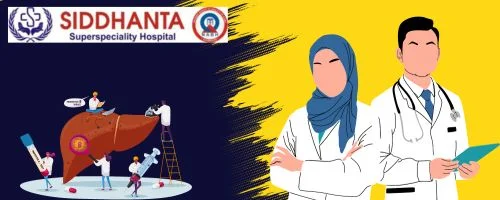Fatty liver, a condition where excess fat accumulates in the liver, is on the rise. Often silent in its early stages, it can progress to serious liver diseases if left untreated. This blog sheds light on fatty liver, its causes, symptoms, and preventive measures.
What is Fatty Liver?
Fatty liver, also known as hepatic steatosis, occurs when there's an abnormal buildup of fat in the liver cells. It can range from mild to severe and can lead to inflammation, scarring, and ultimately liver failure.
Causes of Fatty Liver
Obesity: Excess body weight is a primary culprit.
Alcohol consumption: Excessive alcohol intake can damage the liver.
Diabetes: People with type 2 diabetes are at higher risk.
Medications: Certain medications can cause fatty liver as a side effect.
Other factors: Conditions like high cholesterol, rapid weight loss, and certain infections can contribute.
Symptoms of Fatty Liver
In many cases, fatty liver doesn't cause noticeable symptoms. However, as the condition progresses, you might experience:
Fatigue
Abdominal pain
Weight loss
Nausea
Loss of appetite
Prevention is Key
While there's no specific cure for fatty liver, lifestyle modifications can help prevent and manage the condition:
Weight management: Maintain a healthy weight through diet and exercise.
Limit alcohol: Reduce or avoid alcohol consumption.
Healthy diet: Eat a balanced diet rich in fruits, vegetables, and whole grains.
Regular exercise: Engage in physical activity most days of the week.
Manage diabetes: If you have diabetes, keep your blood sugar levels under control.
If you're concerned about fatty liver, consult with a healthcare professional for diagnosis and appropriate treatment. Early detection and intervention are crucial for preventing complications.
Siddhanta Hospital offers comprehensive liver care, including diagnosis, treatment, and prevention of fatty liver. Our expert team is dedicated to helping you achieve optimal liver health.
Keywords: fatty liver, hepatic steatosis, liver disease, obesity, alcohol, diabetes, liver health, prevent fatty liver, liver care

